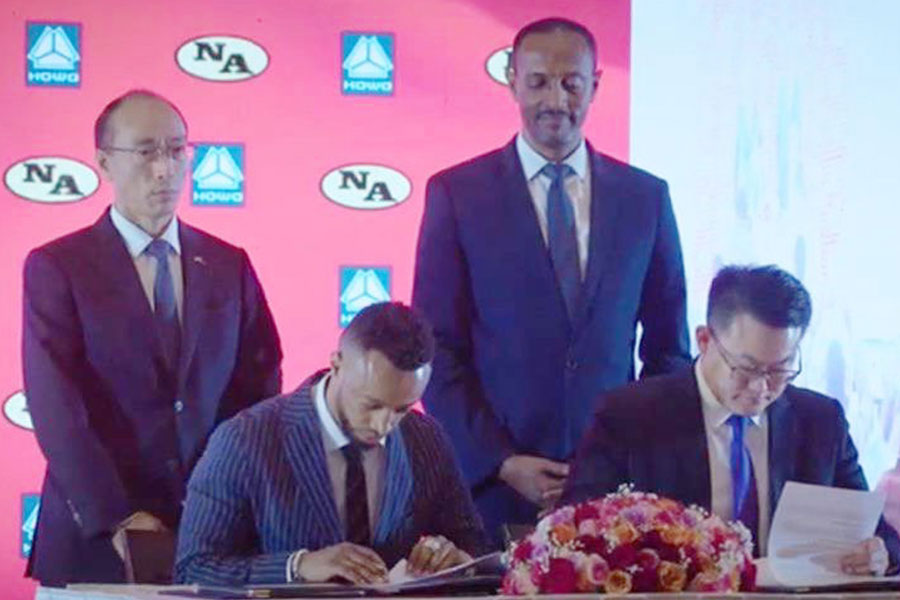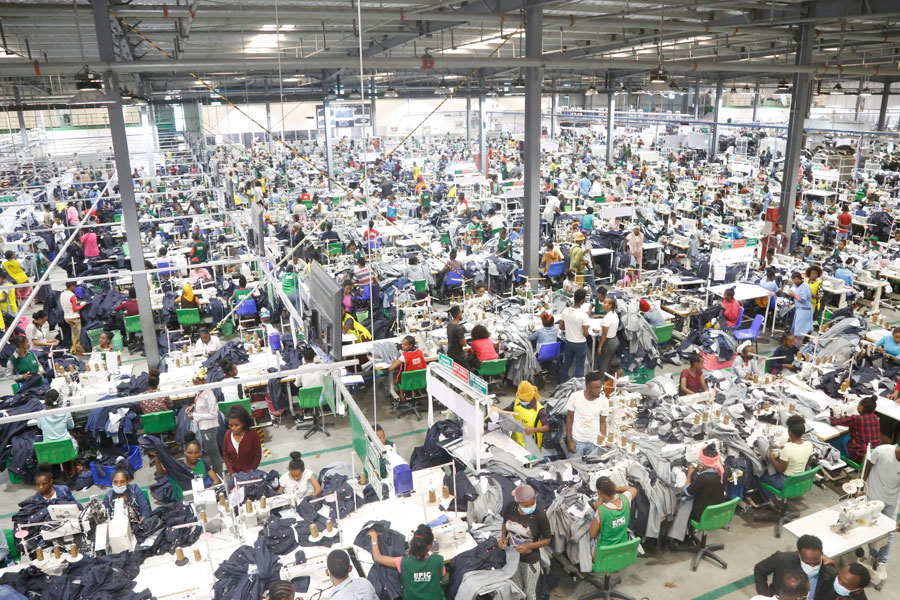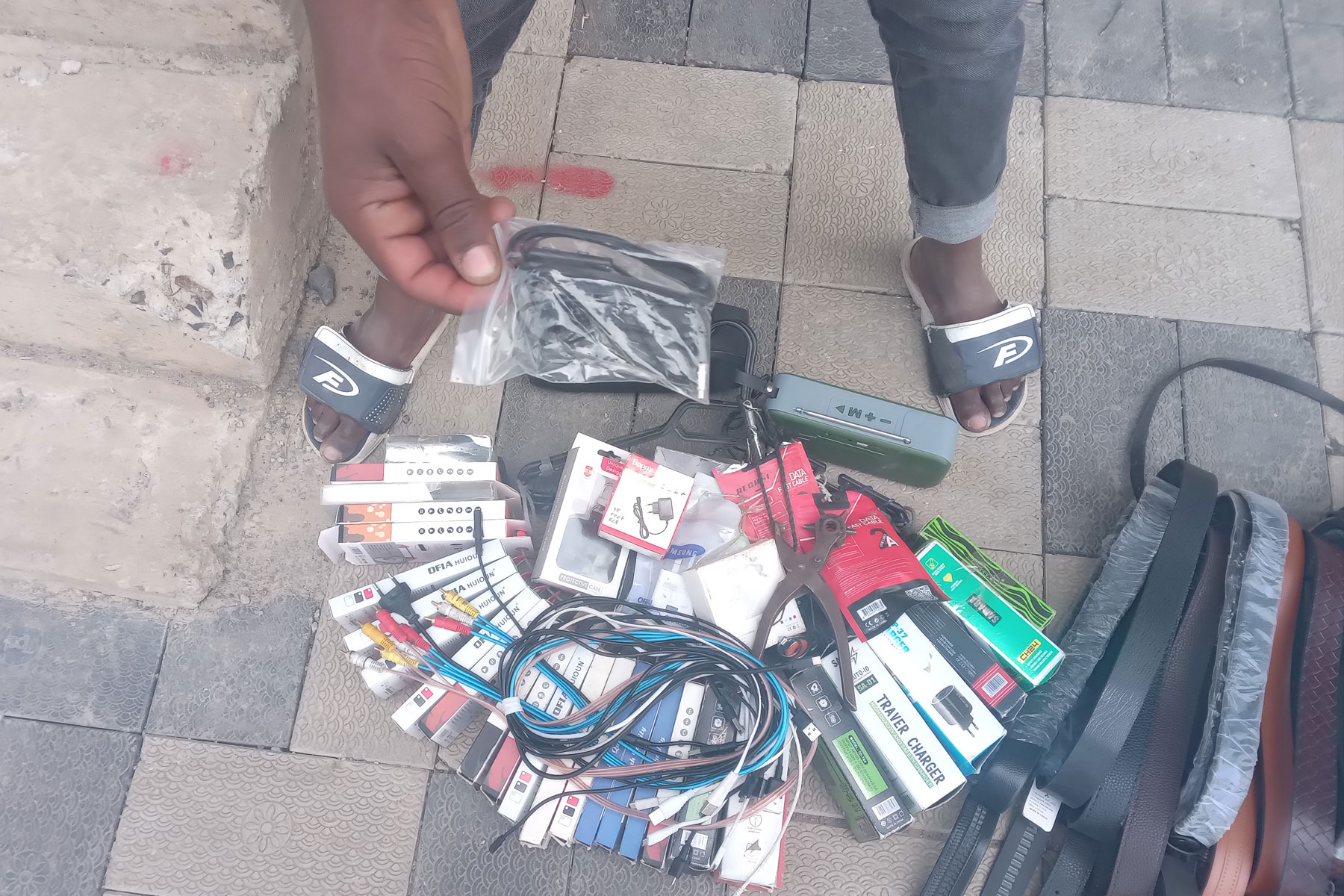
Feb 10 , 2024
By Adam M. Jibril
Over three millennia ago, the ancient Chinese military strategist Sun Tzu espoused the wisdom of leaving an escape route for besieged enemies. It is a philosophy that resonates with the harrowing experiences of the people of Somaliland.
In their quest for refuge from the brutalities of Somalia's regime, Somalilanders have undertaken three significant migrations to Ethiopia, fleeing the savagery of a government obsessed with the concept of 'Greater Somalia.' This vision, however, was marred by authoritarianism, where justice and human rights were blatantly disregarded by the Siyad Barre regime and further undermined by Mogadishu's corrupt elite.
The initial mass exodus, known as the "first great escape", occurred in the early 1980s when Somaliland's vanguard, composed of military officers, intellectuals, artists, and politicians, sought sanctuary in Ethiopia. This was a period of mobilisation for democracy and human dignity, catalysed by the oppressive conditions under Somalia's dictatorial governance. Ethiopia, standing alone in its willingness to provide refuge, became a vital base for the Somali National Movement (SNM) to regroup and strategise against Mogadishu's tyranny, despite the widespread support from much of the Middle East for the Barre regime.
A subsequent and more massive wave of refugees marked the "second great escape" during 1984-85, driven by the genocidal violence and destruction unleashed by Somalia's armed forces. This exodus left an indelible mark of suffering on the Somaliland people, with countless civilians fleeing their bombarded homes towards the border with Ethiopia. Here, they found solace and support from the Ethiopian government and its people at a turning point in the region's history and the Somalilanders' struggle for survival.
The annals of escape continue with the ongoing "third great escape", a footprint of the persistent hostilities and ambitions of Somalia-irredentism that have plagued Somaliland. The current migration is not merely a reaction to recent invasions but a reflection of a historical pattern of aggression aimed at eradicating Somaliland's quest for democratic statehood. These actions, rooted in a totalitarian ideology that opposes democracy, equality, and human rights, have led to widespread destruction and loss of life, all in the pursuit of a unified Somalia entity — a vision that has also found resonance in contemporary political discourse, as seen in the advocacy by some international figures.
The experiences of these three significant migrations are symbolic of a broader struggle facing the Horn of Africa, where the aspirations for peace and democracy conflict with the ambitions of antidemocratic forces, including religious extremism. Despite the threat posed by extremism, its lack of a coherent political vision suggests an eventual decline in influence, paving the way for more democratic and cooperative regional dynamics.
A notable development in this context is the Memorandum of Understanding (MoU) signed with Ethiopia, representing a historical watershed. This agreement transcends war propaganda, symbolising a new cooperation and mutual respect era. It represents a strategic shift towards regional economic, cultural, and political integration, promising a path towards unity, democracy, and modernisation. This cooperative framework should be seen as a significant step in altering the regional landscape, offering a counter-narrative to the cycle of conflict and opening avenues for economic development and political stability.
Such developments are crucial not only for the immediate welfare of the people directly involved but also for the broader geopolitical stability of the Horn of Africa. The strength of the Somaliland people, their pursuit of democracy in the face of authoritarian aggression, and the evolving cooperative ties with Ethiopia should offer valuable lessons in regional politics. They show the importance of solidarity, strategic alliances, and the pursuit of democratic principles in overcoming the challenges posed by totalitarian ideologies and in promoting a more peaceful and integrated regional order.
PUBLISHED ON
Feb 10,2024 [ VOL
24 , NO
1241]


Editorial | Oct 10,2020

Radar | Nov 16,2019

Fortune News | May 17,2025

Covid-19 | Mar 21,2020

Viewpoints | Aug 29,2020

Advertorials | Feb 12,2024

Agenda | Dec 15,2024

Agenda | Jun 01,2024

Radar | Sep 22,2024

Viewpoints | Oct 21,2023

My Opinion | 131451 Views | Aug 14,2021

My Opinion | 127803 Views | Aug 21,2021

My Opinion | 125783 Views | Sep 10,2021

My Opinion | 123419 Views | Aug 07,2021

Dec 22 , 2024 . By TIZITA SHEWAFERAW
Charged with transforming colossal state-owned enterprises into modern and competitiv...

Aug 18 , 2024 . By AKSAH ITALO
Although predictable Yonas Zerihun's job in the ride-hailing service is not immune to...

Jul 28 , 2024 . By TIZITA SHEWAFERAW
Unhabitual, perhaps too many, Samuel Gebreyohannes, 38, used to occasionally enjoy a couple of beers at breakfast. However, he recently swit...

Jul 13 , 2024 . By AKSAH ITALO
Investors who rely on tractors, trucks, and field vehicles for commuting, transporting commodities, and f...

Jun 28 , 2025
Meseret Damtie, the assertive auditor general, has never been shy about naming names...

Jun 21 , 2025
A well-worn adage says, “Budget is not destiny, but it is direction.” Examining t...

Jun 14 , 2025
Yet again, the Horn of Africa is bracing for trouble. A region already frayed by wars...

Jun 7 , 2025
Few promises shine brighter in Addis Abeba than the pledge of a roof for every family...

Jun 29 , 2025
Addis Abeba's first rains have coincided with a sweeping rise in private school tuition, prompting the city's education...

Jun 29 , 2025 . By BEZAWIT HULUAGER
Central Bank Governor Mamo Mihretu claimed a bold reconfiguration of monetary policy...

Jun 29 , 2025 . By BEZAWIT HULUAGER
The federal government is betting on a sweeping overhaul of the driver licensing regi...

Jun 29 , 2025 . By NAHOM AYELE
Gadaa Bank has listed 1.2 million shares on the Ethiopian Securities Exchange (ESX),...